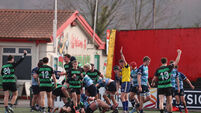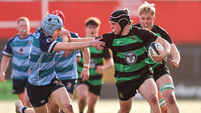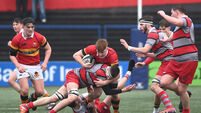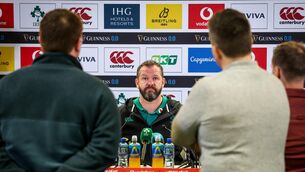Donal Lenihan: Munster rugby needs to be very careful not to bite the hand that feeds it
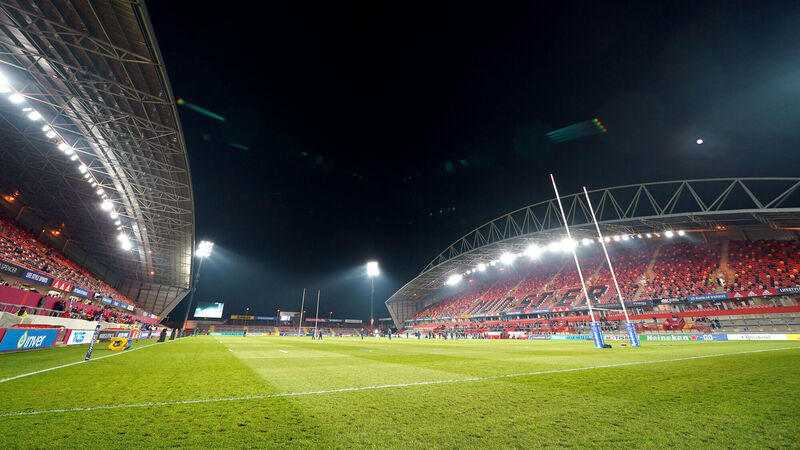
General view from inside the stadium ahead of a recent Heineken Champions Cup match at Thomond Park. Picture: Brian Lawless
It’s difficult to get your head around what exactly is going on in Munster rugby these days. My overriding sense is of a province bouncing from one crisis to another across both the professional and amateur arm of the game.


